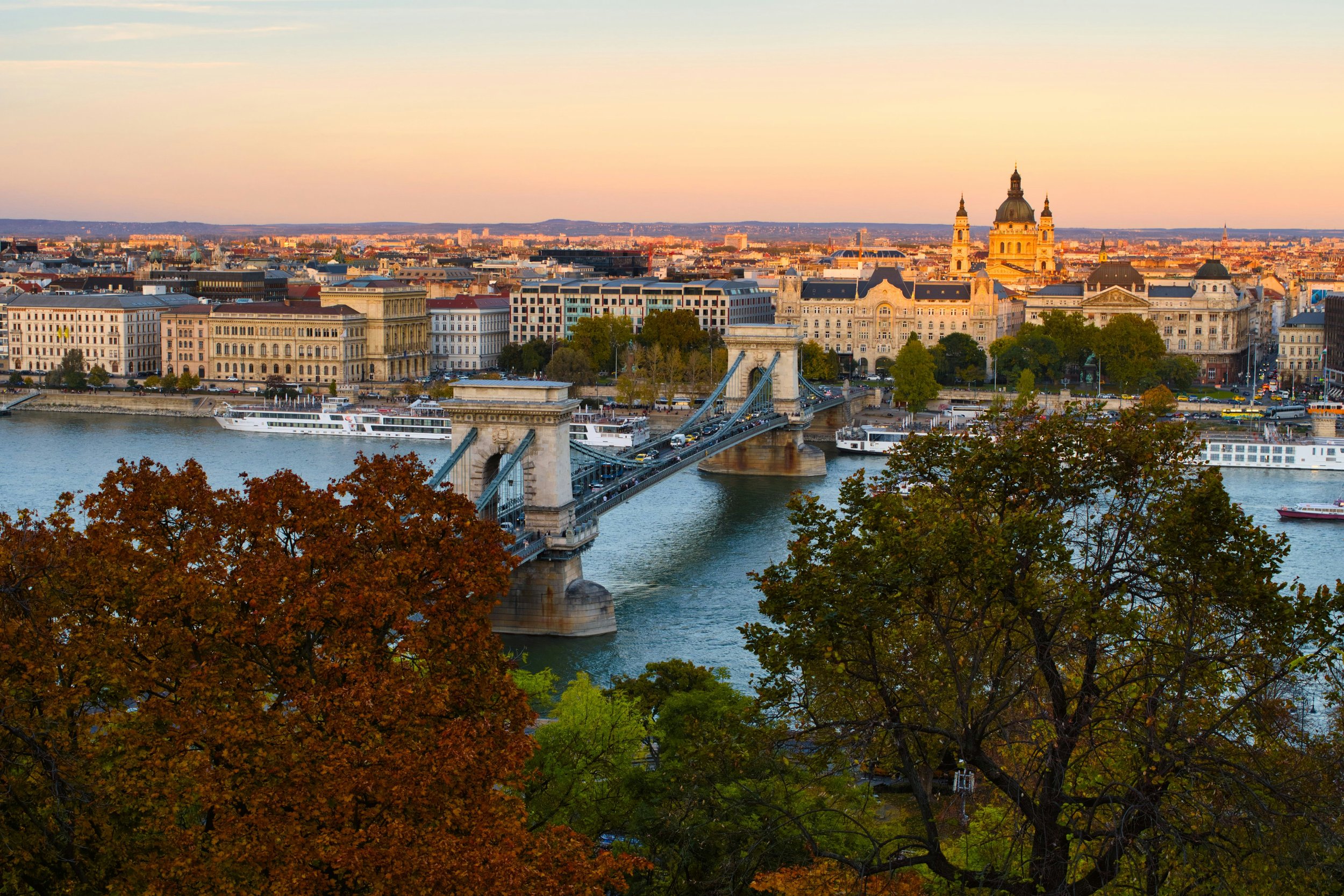Best time to visit Hungary
Hungary, nestled in the heart of Europe, is renowned for its rich historical sites, unique culture, stunning landscapes, and world-famous thermal springs. Whether strolling along the Danube in Budapest or soaking up the sun by Lake Balaton, Hungary offers a diverse range of experiences. This article will detail the best times to visit Hungary, considering factors such as weather, holidays, peak travel seasons, ideal times for outdoor activities, and budget considerations.
Weather Hungary experiences a temperate continental climate, with cold winters and hot summers, while spring and autumn are relatively mild.
Spring (March to May) Spring in Hungary is a transitional season, gradually warming from the cold winter. March can still be chilly, but by May, temperatures usually reach a comfortable 15°C to 25°C. Flowers start to bloom, filling parks and gardens with the scent of spring, making it a great time to explore both cities and the countryside.
Summer (June to August) Summer is the hottest season in Hungary, with average temperatures between 25°C and 30°C, sometimes higher. Though hot during the day, summer evenings are often cool and pleasant. This is the ideal time for outdoor activities and festivals and for visiting famous attractions like Buda Castle, Lake Hévíz, and other natural reserves.
Autumn (September to November) Autumn in Hungary is also beautiful, especially in September and October, when local foliage changes to stunning autumn colors. Temperatures cool down from the summer highs, creating perfect weather for hiking and sightseeing. Additionally, autumn marks the season of wine festivals in regions like Tokaj and Eger, a must-visit for wine enthusiasts.
Winter (December to February) Winter in Hungary is cold, with average temperatures often below 0°C, but it has its unique charms. It’s the best time to experience Hungarian thermal baths, especially the famous Széchenyi Spa in Budapest. The winter season also brings Christmas markets and New Year's celebrations, adding a warm festive atmosphere to the chilly weather.
Holidays Hungarian holidays are filled with cultural and traditional celebrations, offering insights into local culture.
National Day (March 15) March 15th, commemorating the 1848 revolution against Habsburg rule, is one of Hungary’s national days. The streets are filled with commemorative events and cultural performances, especially vibrant in Budapest. Visitors can immerse themselves in Hungarian patriotism and participate in various commemorative activities.
Christmas and New Year Christmas and New Year are significant in Hungary, with festive cheer throughout the country. Christmas markets in Budapest and other cities sell handicrafts, decorations, mulled wine, and traditional Hungarian foods like sausages and stew. These markets are not only great for shopping but also for experiencing Hungarian traditions and cuisine. New Year’s celebrations with fireworks and street parties vividly conclude the year.
St. Stephen's Day (August 20) Celebrating the coronation of Hungary's first king, St. Stephen, and also marking the new grain harvest, this day features celebrations nationwide, including air shows, fireworks, and concerts. Budapest's festivities, particularly the fireworks over the Danube, draw thousands of spectators.
Peak Travel Seasons Spring and summer are peak travel times in Hungary. The mild weather from March to May is ideal for exploring cities and countryside, while summer is perfect for outdoor and cultural events, with moderate temperatures and numerous festivals.
Best Time for Outdoor Activities From late spring to early autumn (May to September), the weather is sunny and warm, ideal for outdoor activities. This period is the best time to explore Hungary's natural beauty, whether hiking around Lake Balaton or cycling in the hills surrounding Budapest.
Budget Summer is the peak tourist season, with generally higher travel costs. For those on a budget, consider visiting in spring or autumn when there are fewer tourists and more reasonable accommodation and transport costs. Utilizing Hungary’s extensive public transportation network can also help save costs and is a convenient way to explore the country.
In summary, no matter when you choose to visit Hungary, the country offers unique charms waiting to be discovered. Remember to schedule your france visa appointment and consult with schengen visa agents to ensure a smooth travel experience.

